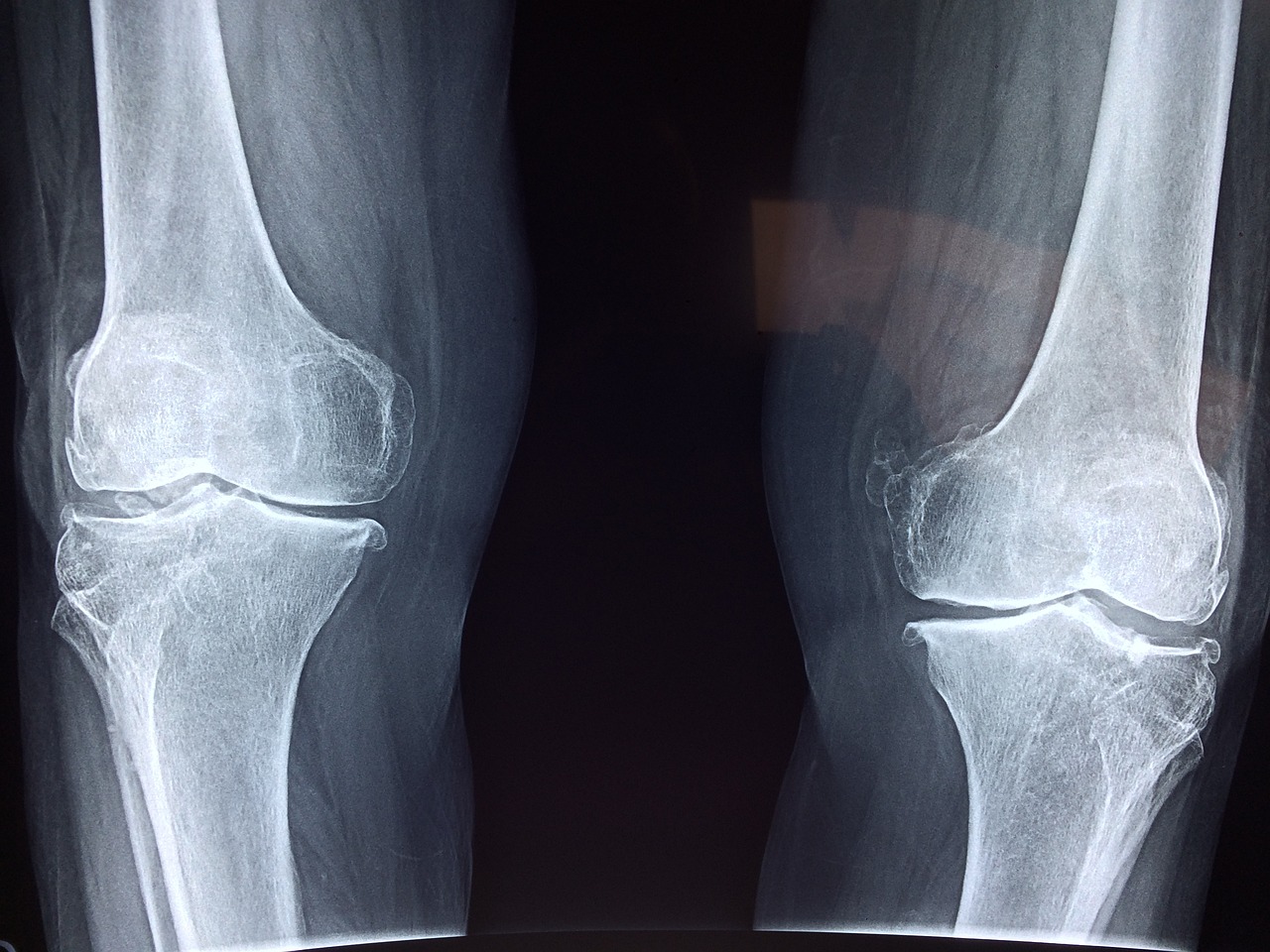Article Title:Towards a sociology of measurement: The meaning of measurement error in the case of DNA profiling
Abstract:
This paper examines an inflammatory subject -'DNA typing' (or 'DNA fingerprinting' as it is popularly called)- to show how credible scientific knowledge is produced through the systematic erasure of uncertainty and random variation. This erasure occurs at the levels of measurement and of group processes. I use the history of DNA typing in the United States as a case study to develop a three-fold argument. First, that objective knowledge is achieved through interactions and social processes that erase the actions of the representing subject from the representations made of the natural world. Second. that this set of social processes and interactions includes normative judgements, but that these judgements do not pose a threat to objectivity: instead, they are what constitute objectivity. Objectivity is attained through personal judgements and evaluations of what is good enough to constitute an objective measurement, or judgements of how big or small a deviation must be to count for or against a particular theoretical interpretation. Third, I argue that measurements, the result of the translation of properties of the natural world into numbers, always have a gap or error between the theoretically predicted measurement and the empirically obtained measurement. At some point this error cannot be reduced any further. The final measurement is the outcome of negotiation and interaction between people and nature. I demonstrate that these judgements, evaluations and negotiations take place within a laboratory, when forensic workers construct estimates of measurement error, and also in negotiations among disparate social groups involved in calculating random match probabilities. Scientific and legal disputes about the construction of measurements and measurement standards for DNA profiling began in the late 1980s, and continued for the better part of a decade. In this paper, the protracted controversy provides especially rich materials for examining the social construction of measurement.
Keywords: credibility; DNA fingerprinting; DNA Wars; expertise; judgement; legal; objectivity; subjectivity
DOI: 10.1177/030631200030006001
Source:SOCIAL STUDIES OF SCIENCE
Welcome to correct the error, please contact email: humanisticspider@gmail.com



